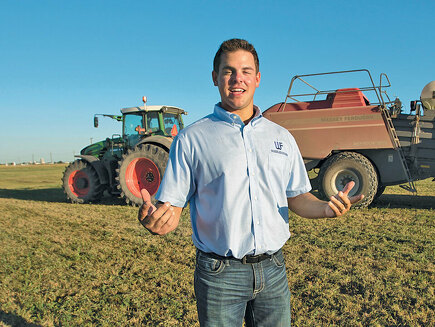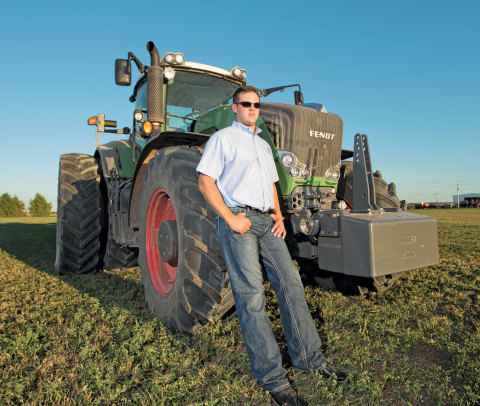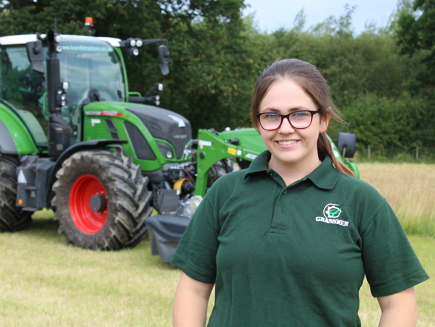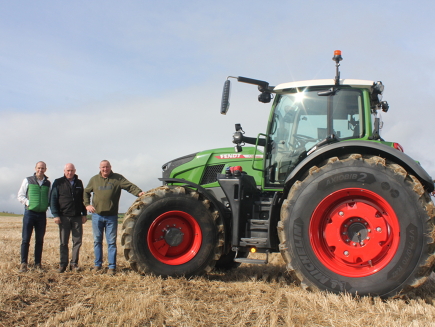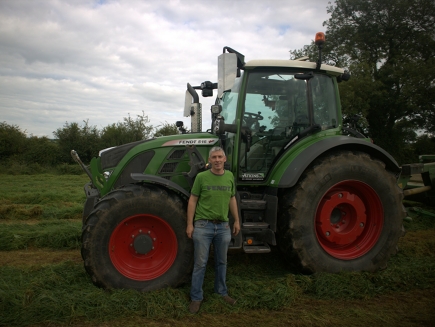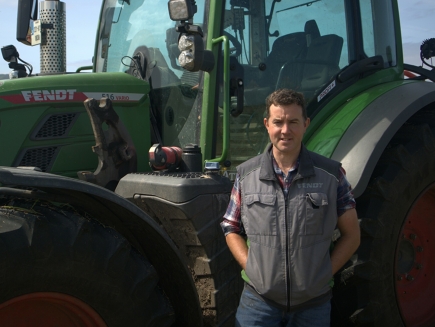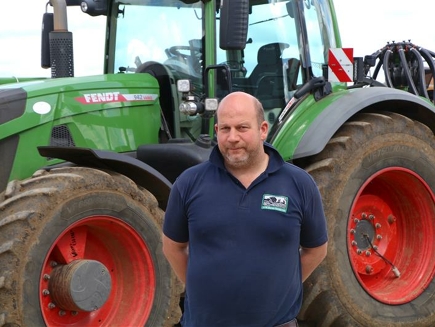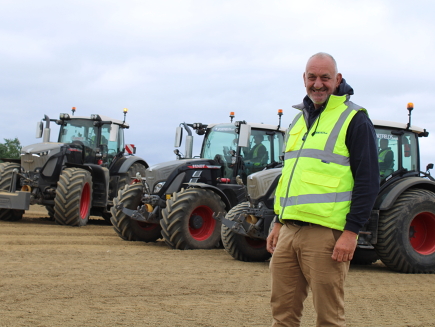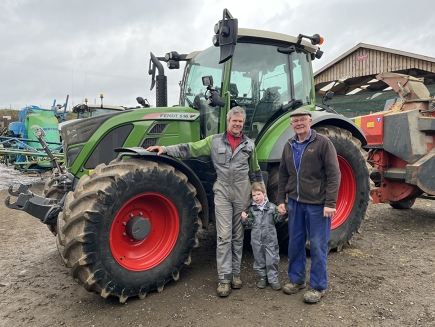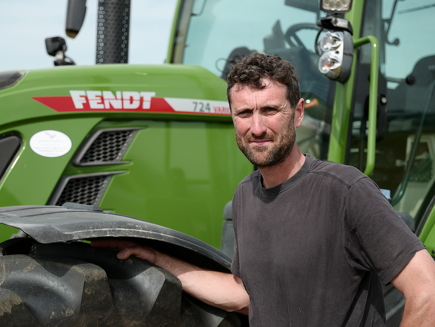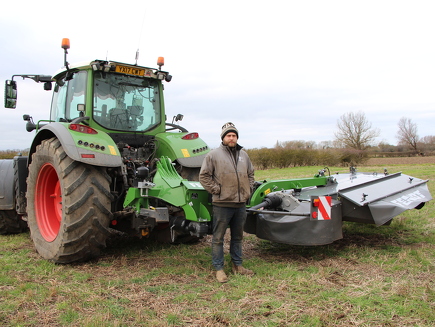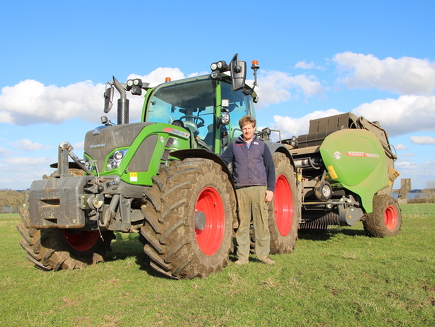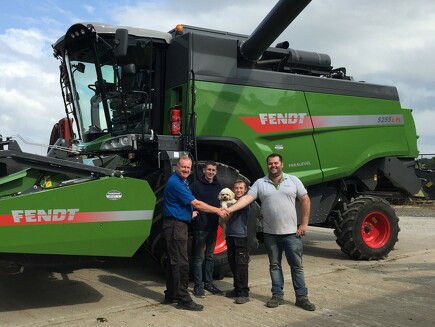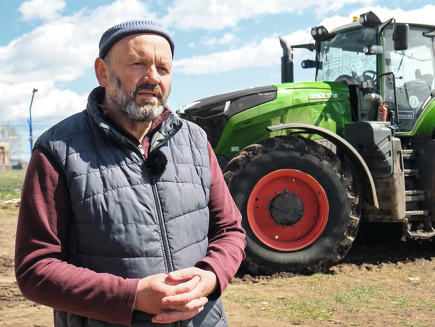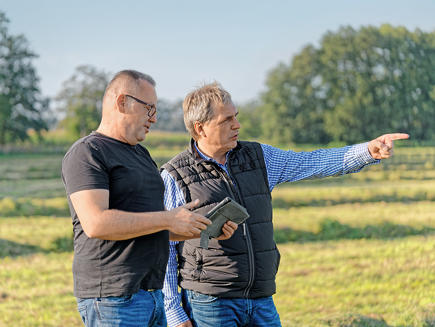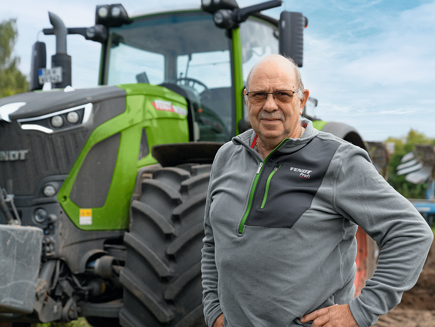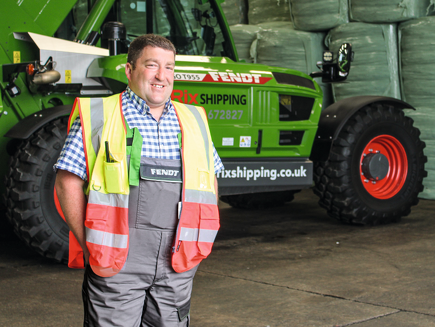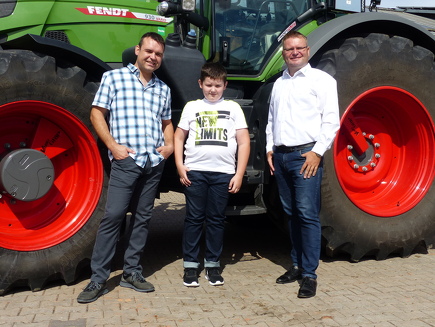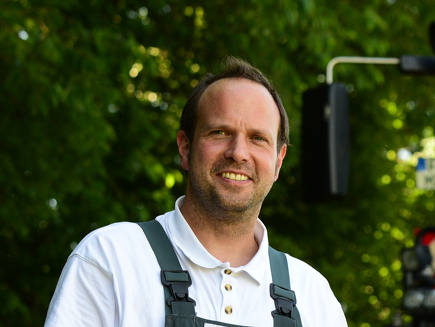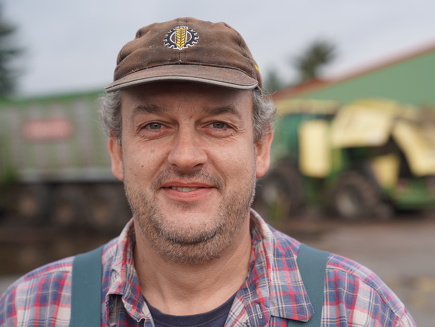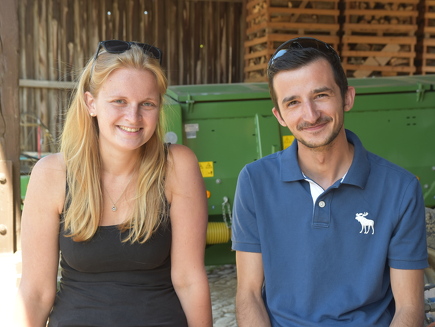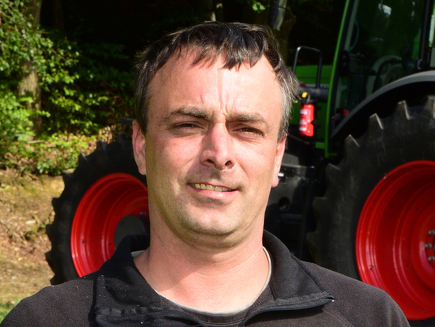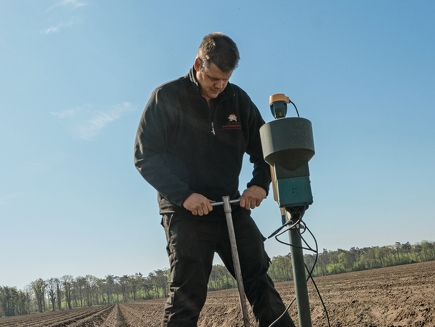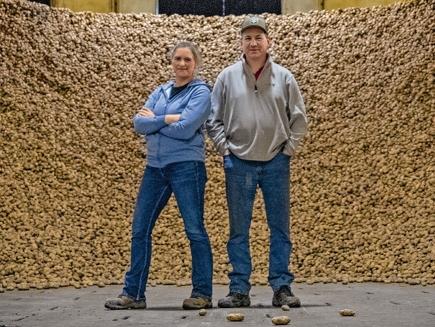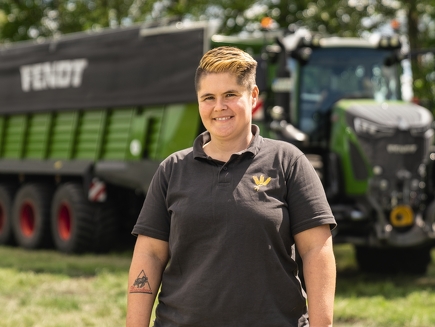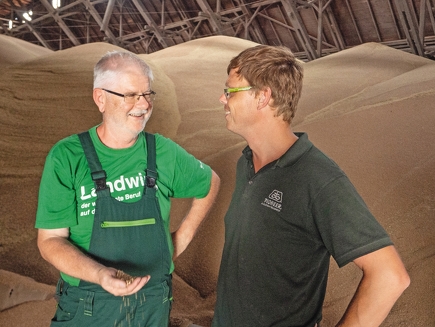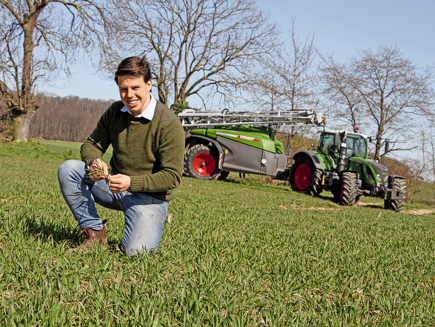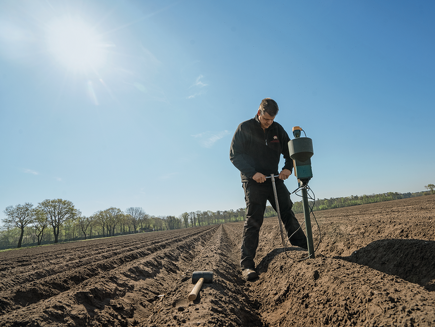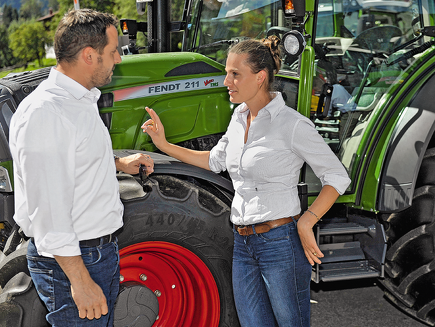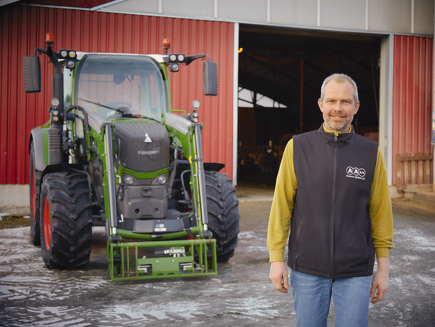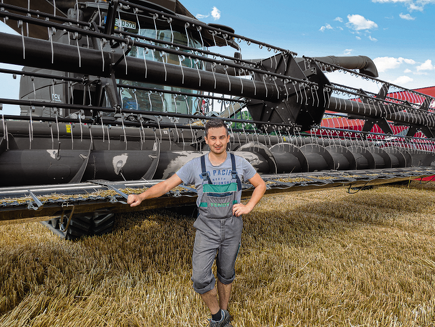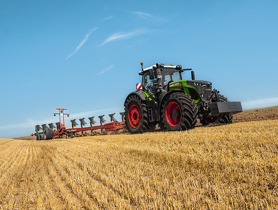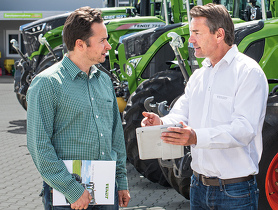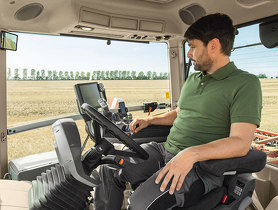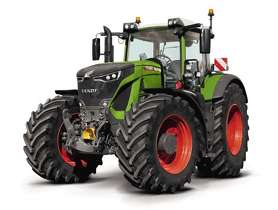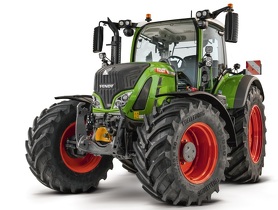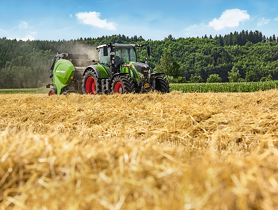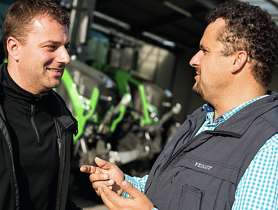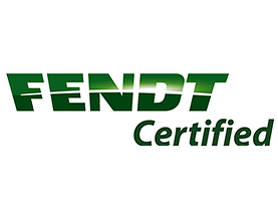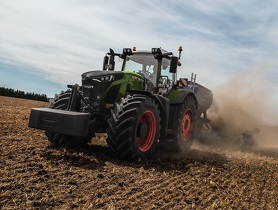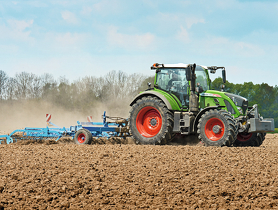By the time Oklahoma became the 46th state to join the Union in 1907, Wheeler Farms was already well established near Chickasha, Oklahoma,and was cultivating a thriving herd of cattle. A few years later, in 1910, thefamily developed one of the area’s first herds of purebred horned Hereford cattle. Since that time, Wheeler Farms has continually improved the herd through selection and retention of their best genetics and by seeking out some of the best herd sires available. At the same time, they began selling registered herd bulls and replacement females to other breeders and ranchers.
“In our efforts to meet today’s growing demands for crossbreeding and efficiency, we have also added a select group of pure bred Angus cows from top programs across the country,” says Will Wheeler, who represents the fourth generation to manage Wheeler Farms. “Our goal is to not only provide both bulls and females to purebred breeders looking for enhanced genetics, butto a growing number of commercial customers who are seeing record numbers by using genetically enhanced bulls to use on the commercial herds.”
Needless to say, nearly 1,000 head of Hereford and Anguscows, replacement heifers and bulls require a lot of hay to sustain them through the winter. Hence, Wheeler Farms has approximately 585 acres of alfalfa, in addition to around 900 acres of wheat thatis often grazed during the winter, and approximately 3,500 acres of rangeland and pasture. Both crops had already led them to Livingston Machinery Company for their equipment needs, which includes a Hesston by Massey Ferguson® WR9770 windrower, Hesston by Massey Ferguson 2190 large square baler with anac cumulator and a complete inventory of Sunflower® tillage tools and seeding equipment.

